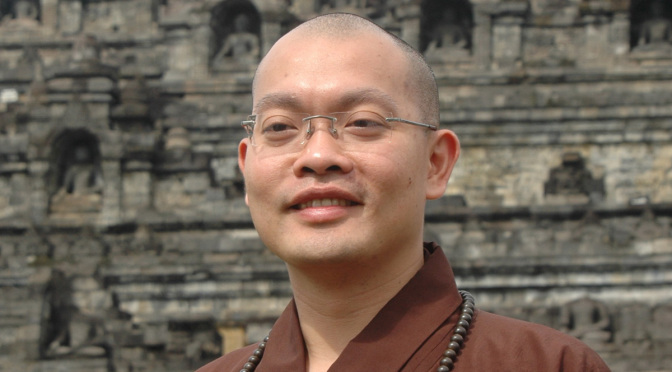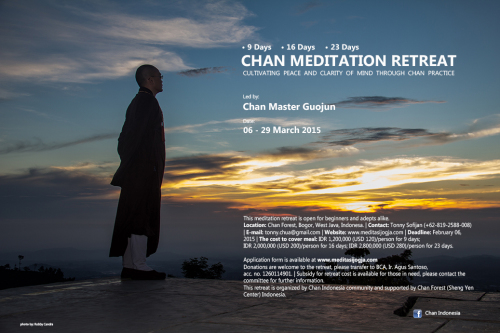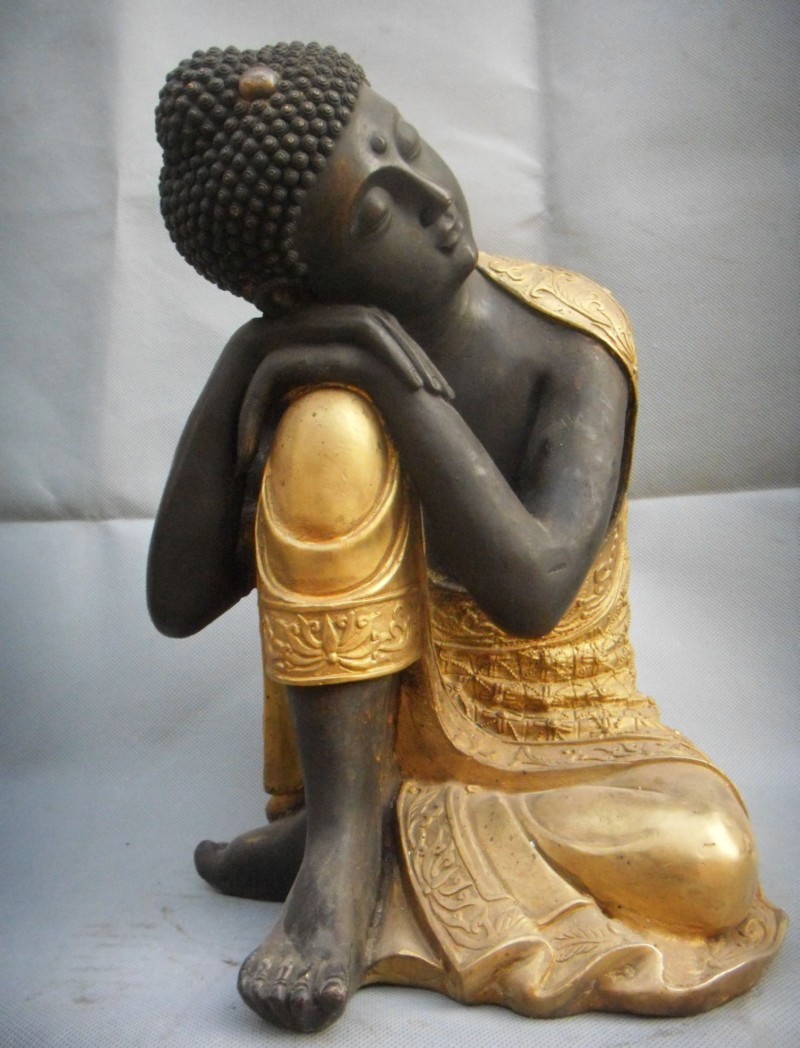buddyzm
Epikurejskie szczęście David Klein
Not what we have, but what we enjoy, constitutes our abundance… Nothing is enough for the man to whom enough is too little.
Epicurus’s notion of happiness has a decidedly Buddhist quality. Happiness is tranquility, and tranquility comes principally from putting aside worldly “hankerings” — ambitions for power, status, involvement in government, the pursuit of voluptuous sensory experiences, and the accumulation of material goods. Two of Epicurus’s most quoted maxims distill this idea: “Not what we have, but what we enjoy, constitutes our abundance” and, in its more admonitory form, “Nothing is enough for the man to whom enough is too little.”
Remarkably, Epicurus’s ideas about ataraxia — the freedom from mental anguish and disturbance that is required for true happiness—were more directly influenced by Buddhist thought than a twenty-first-century reader might imagine for a Greek philosopher of that epoch. Two of Epicurus’s early influences, Democritus and Pyrrho, had actually journeyed all the way to what is now India, where they had encountered Buddhism in the schools of the gymnosophists (naked teachers).
A parallel requirement for Epicurean happiness is freedom from fear of nature and from punitive gods. In his magnificent opus inspired by the philosophy of Epicurus, The Nature of Things, the Roman poet Lucretius reserved some of his highest praise for Epicurus’s brave resistance to religious tradition and its superstitious interpretations of natural phenomena. Epicurus was among the first of his time to make such a clean and decisive break with what he considered religious hocus-pocus. Interestingly, in Epicurus’s youth on the island of Samos, he often accompanied his mother, Chaerestrata, on her visits to peasants in her role as fortune-teller and faith healer. Apparently, Epicurus eventually saw more harm than benefit in his mother’s occupation. Czytaj dalej
Chan Forest Retreat
Buddhist Chan Retreat Bogor, Chan Forest, 6.III.15 - 29.III.15
Sleeping Yoga from "Essential Chan Buddhism"
As you meditate and sleep less, the quality of your sleep improves. You sleep more deeply. And when you’re sleeping, you feel more peaceful and stable. You can even meditate as you sleep. We call this “sleeping yoga.”
This involves actually bringing your awareness into sleep. For example, I was once on retreat with Master Sheng Yen in Pine Bush. After we were through meditating for the day, I went back to my room and lay down. I assumed the auspicious posture, common in Theravada tradition, of the sleeping Buddha. I reclined on my right side, with my legs one on top of the other and tucked up a little bit. This posture is good for sleep. You’re not pressing your heart by lying on your left side or your spine while lying on your back. If you snore, it is also a good posture and can help reduce the sound.
I was counting my breath, a form of meditation practice. I relaxed my whole body and counted my breath: one, two . . . and then three. But I had a strange feeling and looked at the clock. Five hours had passed between the counts of two and three!
Those five hours passed in an instant. It wasn’t normal sleep where the mind grows dark. My mind was clear and light, as if I were still meditating. I slept from about 10:30 pm to 3:30 am. Tok, tok, tok went the sound of the wood “waking” board at four.
That day, I told Master Sheng Yen about taking the auspicious posture and the experience that followed. He just smiled.
“You had a good sleep,” he said.
Guo Jun, „Essential Chan Buddhism”
Simplicity Sheng Yen

Essential Chan Buddhism Guo Jun
IN CHAN, YOU fall in love with your breath.
You think about the breath while you’re sitting, eating, and walking. After you finish your work, you think about the breath. The breath comes to your mind. You want to get close to the breath. There is a tenderness, sweetness, and intimacy that you want to share with the breath. You want to give your time to the breath; you want to give your whole self to the breath. You want to take care of the breath. The breath is very precious, just as the person you love is precious. You treat the breath with gentleness and care.
there is a tenderness, sweetness, and intimacy that you want to share with the breath
When you cannot find the breath, you don’t get angry, in the same way that when you cannot find the person you love, you don’t get angry; you just keep thinking: Where is she? Similarly, the breath, being your most loyal and loved one, will not desert you. It will not stop searching or looking for you when you are lost. It will find you; all you need to do is just be still, and it will come to you by your side.
Give yourself to the breath as if you are giving to the person you love. Give it your life. Your everything. Have this kind of intimacy, longing, and fondness for the breath. Forgive the breath when it becomes short and rough. Do not rise up in anger against it. Accept the breath as it is. Love and accept it.
Falling in love gives you energy. It is the same when you fall in love with your breath. You think about the breath when you wake up. You are enthusiastic. You have energy.
from the moment we are born until the moment we die, our most loyal friend is the breath
Falling in love with your breath is called the meditation of love. People sometimes think that in Buddhism love is something that is frowned upon and relationships are no good. This is because relationships necessarily involve attachment and grasping, and Buddhism often teaches us to detach. We should let go of intimate relationships because they are a constant struggle, and struggle is, inevitably, a source of suffering.
Chan teaches us to love with no attachment. To care without imposing. To love in the way we love the breath.
Czytaj dalej































